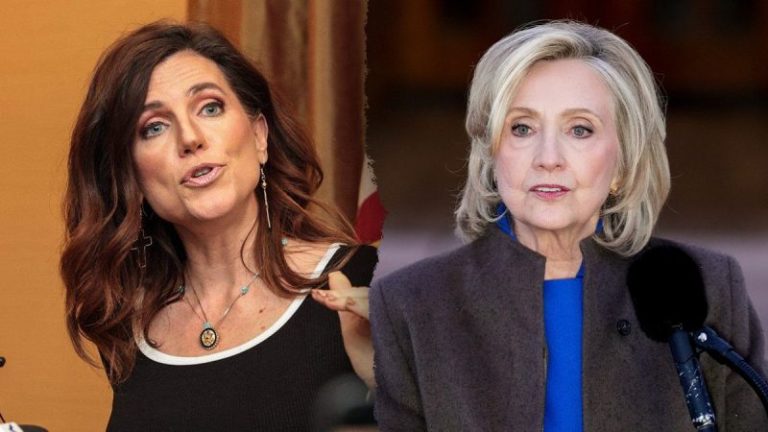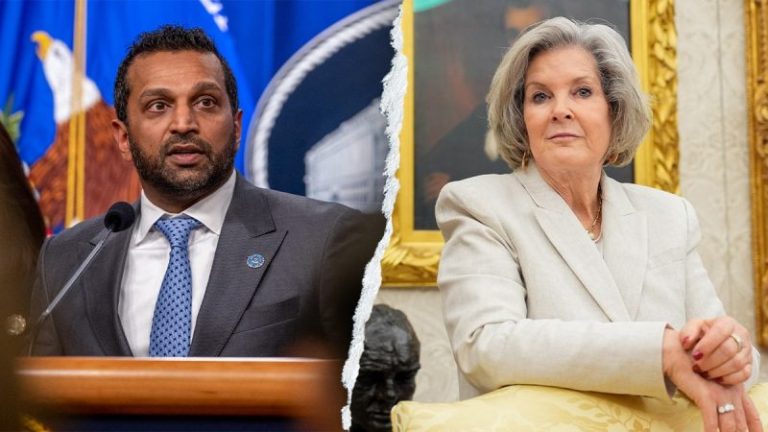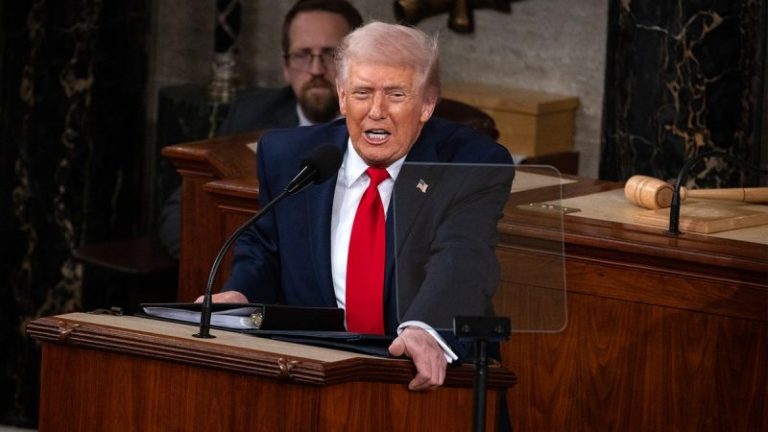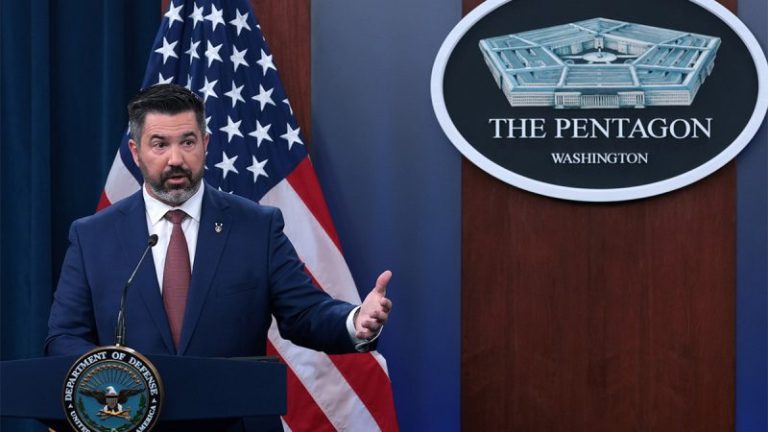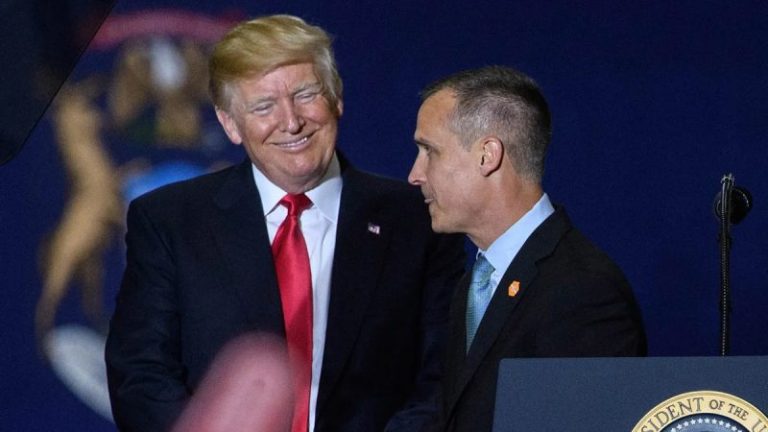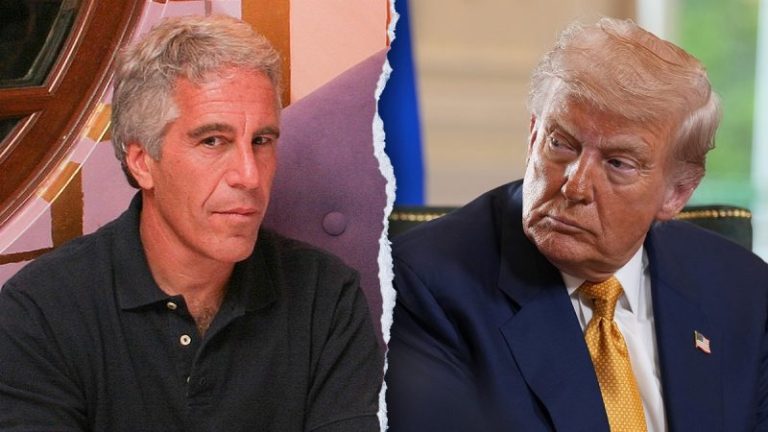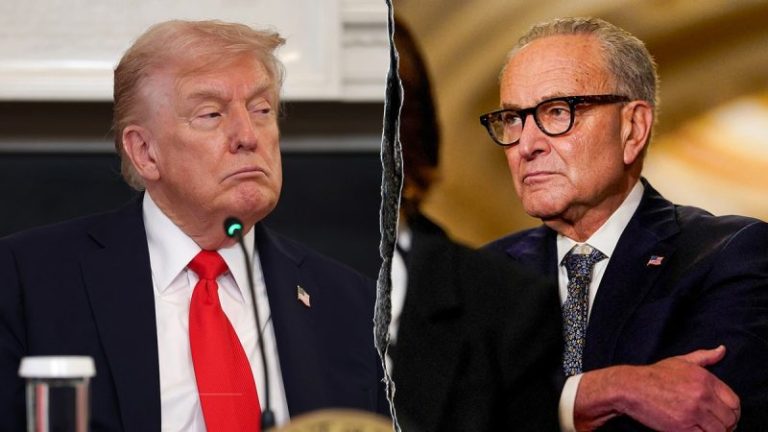Former President Bill Clinton broke his silence on the now-infamous photo of himself in a hot tub that was among the millions of pages in the Department of Justice’s (DOJ’s) Jeffrey Epstein files release.
Clinton was asked about the photo, which appears to show him and a woman whose identity has been redacted, during his closed-door deposition before the House Oversight Committee on Friday.
He said in response to questioning that he did not know who the woman was and that he did not have sex with her, multiple people who were granted anonymity to speak freely confirmed to Fox News Digital.
One of the sources said Clinton intimated that the photo depicted a public hotel pool and that no one pushed back or questioned it.
Clinton is in the hot seat for the committee’s bipartisan investigation into the late financier and sex trafficker for what is expected to be an all-day session of questions into his relationship with Epstein and his accomplice Ghislaine Maxwell.
In his opening statement this morning, Clinton told lawmakers that he had ‘no idea’ of Epstein’s crimes.
‘Now, let me say what you’re going to hear from me. First, I had no idea of the crimes Epstein was committing. No matter how many photos you show me, I have two things that, at the end of the day, matter more than your interpretation of those 20-year-old photos,’ Clinton said, according to his prepared opening remarks.
‘I know what I saw and more importantly, what I didn’t see. I know what I did and more importantly, what I didn’t do. I saw nothing and I did nothing wrong.’
Clinton also warned lawmakers, ‘You’ll often hear me say that I don’t recall,’ but said he would not speculate when asked questions.
‘That might be unsatisfying, but I’m not going to say something I’m not sure of. This was all a long time ago, and I’m bound by my oath not to speculate or to guess. This is not merely for my benefit, but because it doesn’t help you for me to play detective 24 years later,’ Clinton said.
Meanwhile, House Oversight Committee Chairman James Comer, R-Ky., suggested he had an abundance of questions for the former president ahead of the deposition.
‘I think everyone’s seen that there are a lot of photos that have been released by the Department of Justice (DOJ) as well as the Epstein estate. There are a lot of email correspondence that included President Clinton,’ Comer said when asked what he needed to hear.
‘Secretary Clinton confirmed this yesterday: Jeffrey Epstein was in the White House 17 times while Bill Clinton was president. We know that Bill Clinton flew on Jeffrey Epstein’s plane at least 27 times. So those are questions that we’re going to ask.’
But Clinton said in his opening remarks that he would not have ridden on the plane if he knew the illicit things that took place there.
‘As someone who grew up in a home with domestic abuse, not only would I have not flown on his plane if I had any inkling of what he was doing — I would have turned him in myself and led the call for justice for his crimes, not sweetheart deals,’ Clinton said.
‘But even with 20/20 hindsight, I saw nothing that ever gave me pause. We are only here because he hid it from everyone so well for so long, and by the time it came to light with his 2008 guilty plea, I had long stopped associating with him.’
Comer also said questions would pertain to Epstein and to Clinton’s relationship with Ghislaine Maxwell, the late financier’s accomplice who is serving out a prison term in Texas after being convicted on federal sex trafficking charges.
Comer told reporters that his list of questions for Clinton had ‘increased’ in the wake of former Secretary of State Hillary Clinton’s own deposition before the committee on Thursday.
‘Mrs. Clinton deferred a lot of questions to her husband today. There were at least a dozen times when she said, ‘You’ll have to ask my husband that. I can’t answer that,” the chairman said.
He said that many of those deferrals had to do with the Clintons’ nonprofit work.
‘There are so many examples in the evidence the Department of Justice released, in correspondence where Epstein bragged about how involved he was initially in setting up the Clinton Global Initiative and the Clinton Foundation,’ he said.
‘We asked those questions to Secretary Clinton yesterday, and she kept saying she was in the Senate at that time. She wasn’t focused on it. ‘You’ll have to ask my husband.’ So a lot of the Clinton Global Initiative questions yesterday went unanswered because Mrs. Clinton deferred to her husband.’
The former president defended his wife during his opening statement as well, telling lawmakers that ‘before we start, I have to get personal.’
‘You made Hillary come in. She had nothing to do with Jeffrey Epstein. Nothing. She has no memory of even meeting him,’ Clinton said. ‘She neither traveled with him nor visited any of his properties. Whether you subpoenaed 10 people or 10,000, including her, was simply not right.’
Like Hillary Clinton did in her opening remarks, he said Epstein’s victims deserve both ‘justice’ and ‘healing,’ telling lawmakers that it was for them that he was appearing before the committee.
President Donald Trump was also asked about Clinton’s testimony on Friday and told reporters, ‘I don’t like seeing him deposed.’
Clinton’s deposition began a few minutes after 11 a.m. on Friday, a person familiar with planning told Fox News Digital.
Comer told reporters on Thursday after Hillary Clinton’s sitdown that he expected the ordeal to be ‘even longer’ on Friday.
Her deposition lasted roughly six hours from start to finish, with a brief lunch break in between.
Neither of the Clintons has been accused of anything related to Epstein’s crimes. But the former president’s name appears multiple times in documents released by the DOJ and the House Oversight Committee pertaining to the investigation into Epstein.
Like his wife’s testimony, Clinton will speak to the committee behind closed doors and under oath.
The interview will be transcribed, with a video likely to be released within a week of its conclusion.
Related Article
Clintons cave: Comer says Bill and Hillary to testify in Epstein probe
This post appeared first on FOX NEWS



